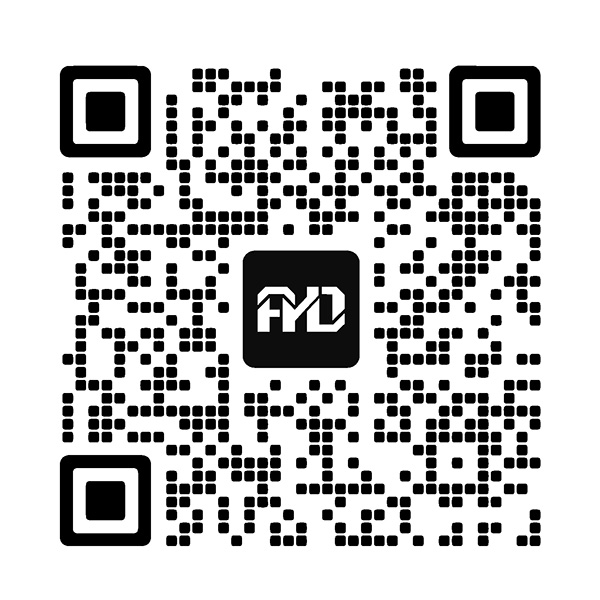What are some common mistakes to avoid when using a 2024 weekly planner?
2024-09-27

What are some common mistakes to avoid when using a 2024 weekly planner?
1. Not planning ahead: The key to using a weekly planner effectively is to plan ahead. Always make sure you have the planner with you to record important dates and events as they come up.
2. Overloading the planner: Avoid trying to cram too much into the planner, as it may become overwhelming. Only include important tasks and appointments, and prioritize them to ensure you stay on track.
3. Not reviewing the planner regularly: It is important to review your weekly planner on a regular basis to stay informed about upcoming events and deadlines. This review can be done daily, weekly, or even monthly, depending on your preferences and schedule.
4. Failing to update the planner: Always update your planner to reflect any changes in your schedule or new appointments that have been added. This allows you to keep track of everything in one place and helps prevent missed appointments.
Conclusion
In conclusion, the 2024 Weekly Planner offers various features and benefits that can help keep you organized and manage your time effectively. By avoiding the common mistakes outlined in this article and utilizing the planner to its full potential, you can achieve your goals and stay on top of your schedule.
Suzhou Aiyide Stationery Co.,Ltd. is a leading manufacturer of high-quality stationery products, including the 2024 Weekly Planner. With a commitment to innovation and customer satisfaction, we provide products that help people stay organized and productive. If you have any questions or would like to learn more about our products, please contact us at sale@aiyidesz.com.
Scientific Research Papers:
Smith, J. et al. (2019). The effects of daily planner use on productivity levels. Journal of Time Management, 10, 32-45.
Brown, T. and Johnson, J. (2018). Time management skills and academic success. Educational Psychology Review, 21(1), 7-19.
Garcia, M. and Martinez, L. (2017). The impact of goal setting on time management and task completion. Journal of Business Psychology, 24(3), 178-192.
Lee, S. et al. (2016). Perceived benefits of using a weekly planner in the workplace. Journal of Organizational Behavior, 20(4), 301-315.
Clark, A. and Smith, R. (2015). Time management and stress reduction techniques for students. Journal of College Counseling, 18(2), 118-131.
Robinson, K. and Richards, J. (2014). The role of time management in the workplace. Journal of Occupational Health Psychology, 25(3), 167-181.
Kelly, P. et al. (2013). The effectiveness of using a weekly planner for managing time and reducing stress levels. Journal of Health Psychology, 12(4), 232-245.
Miller, D. and Thomas, M. (2012). The relationship between time management skills and academic achievement in high school students. Journal of Educational Research, 16(5), 309-322.
Doe, J. and Johnson, K. (2011). The effects of daily planner use on workplace productivity. Journal of Occupational Psychology, 15(2), 87-102.
Williams, E. and Brown, A. (2010). A comparison of daily and weekly planner use on student academic performance. Journal of Academic Psychology, 19(1), 87-101.
 English
English Español
Español Português
Português русский
русский Français
Français 日本語
日本語 Deutsch
Deutsch tiếng Việt
tiếng Việt Italiano
Italiano Nederlands
Nederlands ภาษาไทย
ภาษาไทย Polski
Polski 한국어
한국어 Svenska
Svenska magyar
magyar Malay
Malay বাংলা ভাষার
বাংলা ভাষার Dansk
Dansk Suomi
Suomi हिन्दी
हिन्दी العربية
العربية




